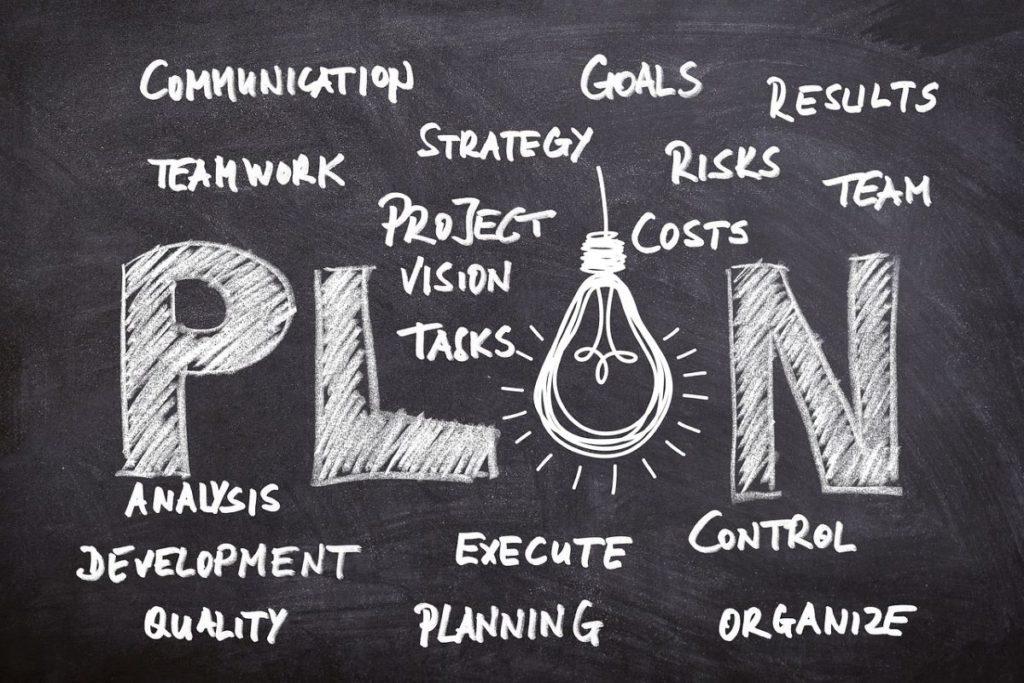Ways to improve your financial position
4 min read
In a world filled with financial uncertainties, the quest for improving one’s financial position is a common goal shared by individuals and businesses alike. Whether you’re striving to pay off debt, build an emergency fund, or grow your investments, practical strategies can pave the way to a stronger financial footing. Here are some steps that can help you to improve your financial position and create a more secure future.
Create a Comprehensive Budget
A solid budget serves as the foundation for better financial management. Start by tracking your income and expenses over a few months to understand your spending patterns. Categorise your expenses into essentials, such as housing and groceries, and non-essential, like entertainment and dining out. This analysis will highlight areas where you can cut back and redirect funds towards savings or debt repayment.
Prioritise Debt Repayment

High-interest debts, such as credit card balances and personal loans, can erode your financial position over time. Try to pay them off as soon as possible to reduce your financial burden. Consider using the snowball or avalanche method – paying off debts with the smallest balance or highest interest rate first – to accelerate your progress. As you pay off one debt, allocate the funds towards the next debt on your list.
Build an Emergency Fund
An emergency fund acts as a safety net during unexpected events, such as medical emergencies or job loss. Having a separate account that has around three to six months’ worth of living expenses can make a big difference. You don’t have to go big; making small contributions on a regular basis can help you to reach your target. This fund will prevent you from relying on credit cards or loans in times of crisis.
Automate Savings and Investments
Make saving and investing a seamless process by setting up automatic transfers from your checking account to a dedicated savings or investment account. This “pay yourself first” approach ensures that you consistently set aside money before spending it on discretionary items. Over time, these contributions will accumulate and help grow your wealth.
Diversify Your Income Streams
Relying solely on a single source of income can leave you vulnerable to financial shocks. Look for effective ways to diversify your income. For instance, you can take on some freelancing stuff or start a side business. These additional streams can provide stability and contribute significantly to improving your financial position.
Negotiate Bills and Expenses
Regularly review your bills and negotiate with service providers to secure better rates. This can apply to your internet, cable, phone, and even insurance bills. Many providers are open to negotiation, especially if you’re a long-term customer. Savings from these negotiations can add up over time, freeing up funds for other financial goals. This is one of the reasons why invoice factoring in Australia is becoming so popular. With the cost of living going up, it is important for individuals and businesses to find ways to manage their finances more efficiently. ‘Invoice Financing for small business’ is a great way to increase your cash flow in order to explore new opportunities.
Invest Wisely
Investing is a powerful tool for wealth creation, but it requires informed decisions. Learn more about the investment options available, such as stocks, bonds, and real estate. Consider seeking professional advice if you’re unsure about the best approach. The key is to create a diversified portfolio that aligns with your risk tolerance and long-term goals.
Reduce Discretionary Spending
Take a critical look at your discretionary spending – expenses that aren’t necessary for daily living. This might include eating out, subscription services, and impulse purchases. While it’s important to enjoy life, cutting back on unnecessary spending can free up funds to put towards more meaningful financial objectives.
Maximise Tax Efficiency
Understanding the tax implications of your financial decisions can significantly impact your overall financial position. Explore tax-saving strategies, such as contributing to retirement accounts, taking advantage of tax deductions, and strategically timing capital gains. Consult a tax professional to ensure you’re making the most of available opportunities.
Continuously Educate Yourself
Financial literacy is a lifelong journey. Stay informed about personal finance topics through books, online resources, and workshops. The more you understand about managing money, the better equipped you’ll be to make informed decisions that align with your financial goals.
In a nutshell, improving your financial position requires a combination of discipline, strategy, and ongoing education. By creating a comprehensive budget, reducing debt, building an emergency fund, and diversifying your income streams, you can set yourself on a path to greater financial security. Make informed decisions when it comes to investing and tax planning, and don’t underestimate the power of small changes in discretionary spending. With these practical steps, you’ll be well on your way to achieving a stronger financial position and a more promising future.




